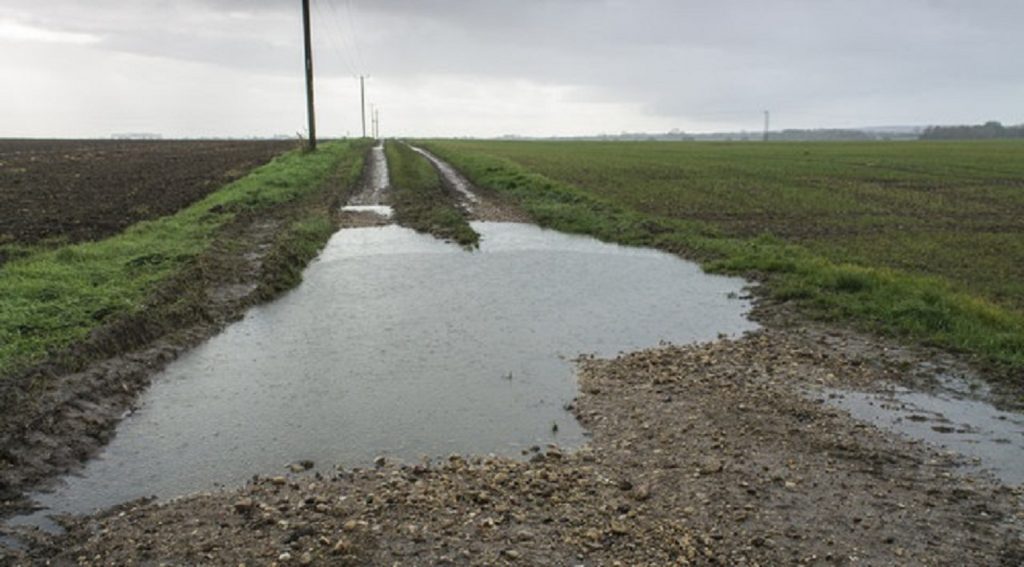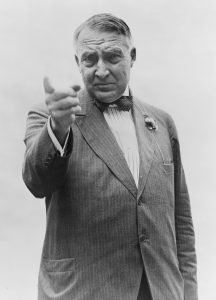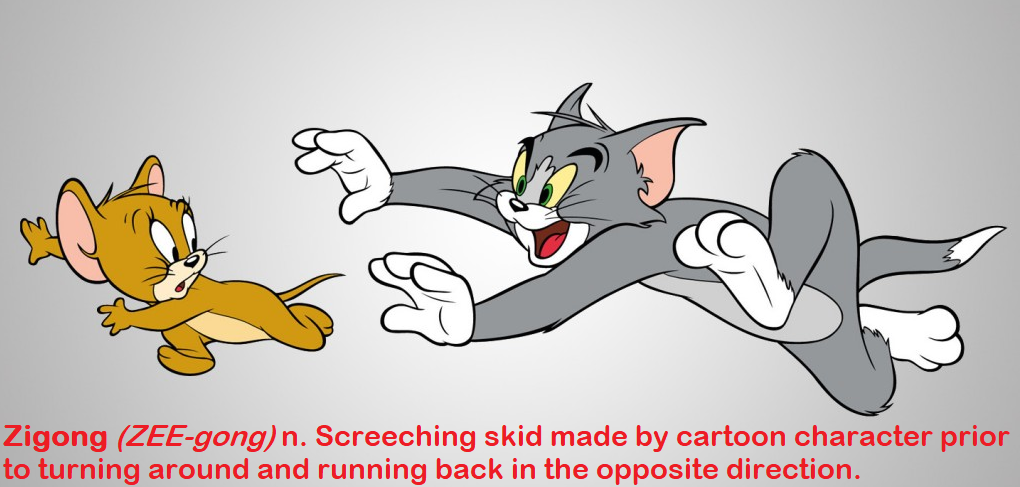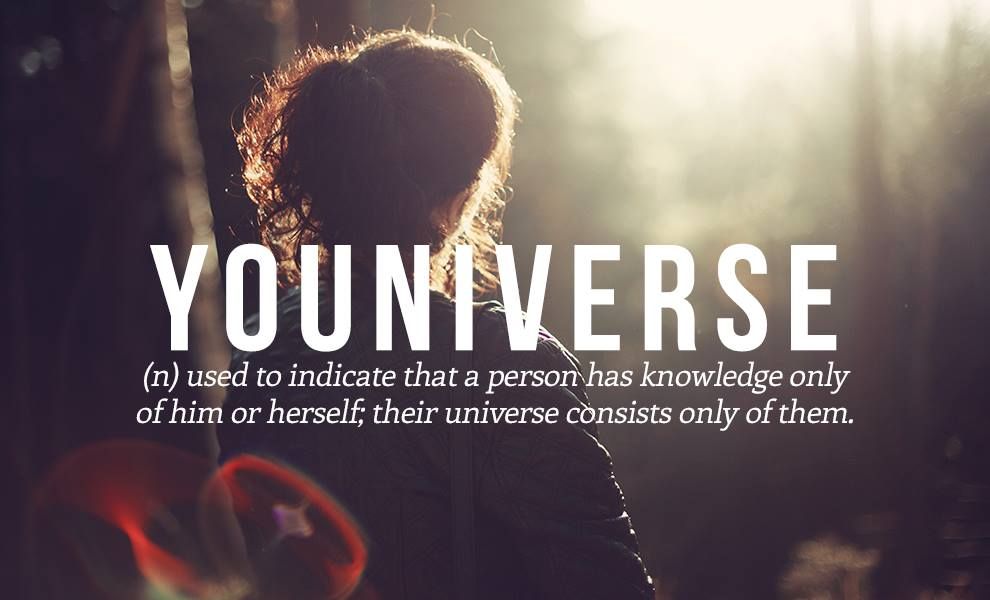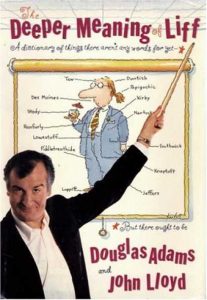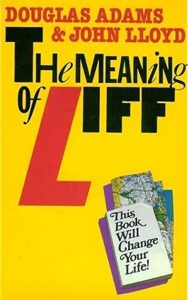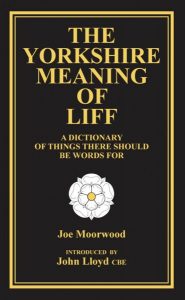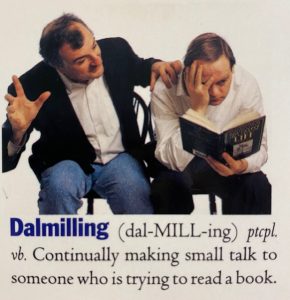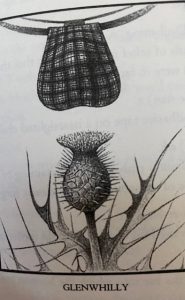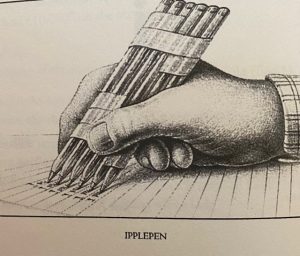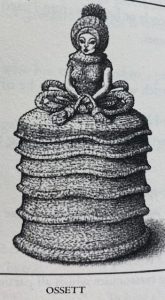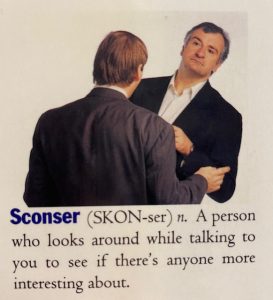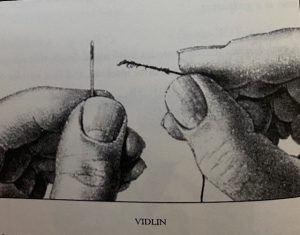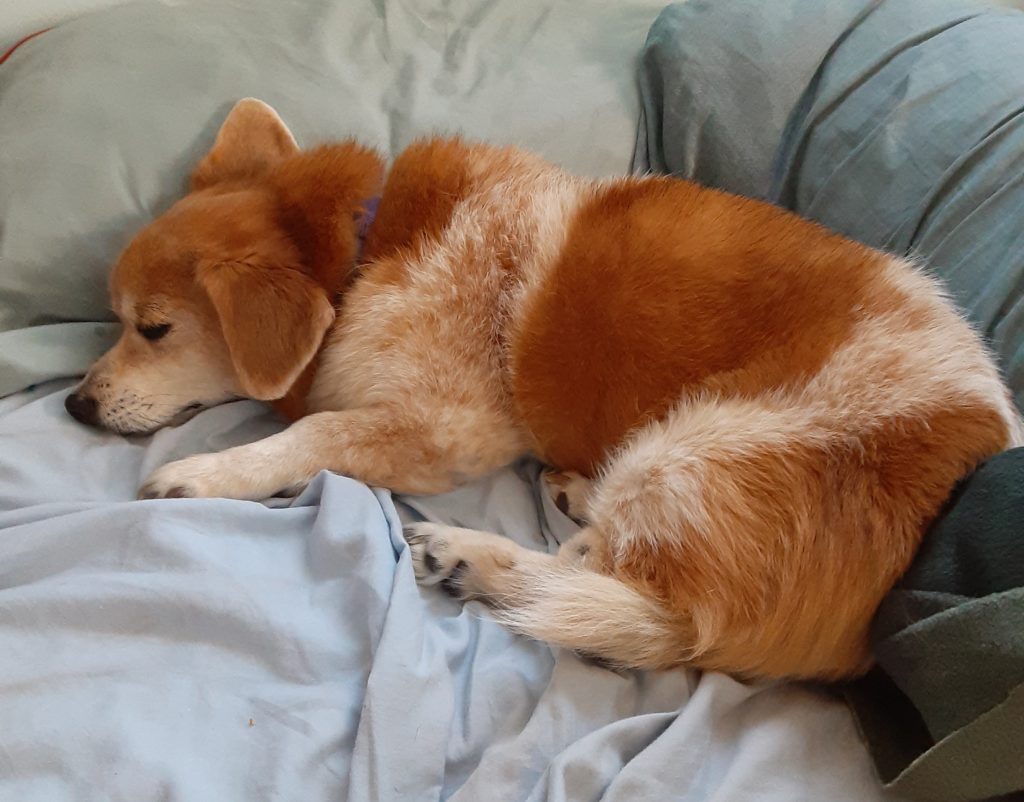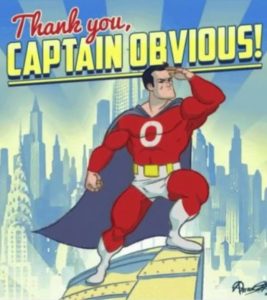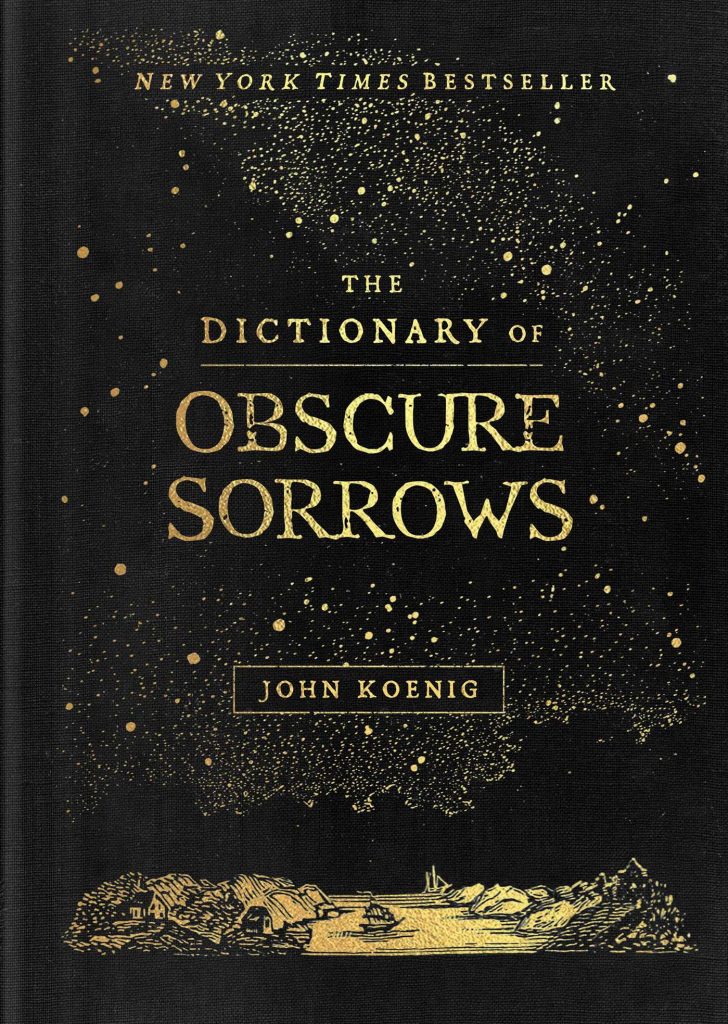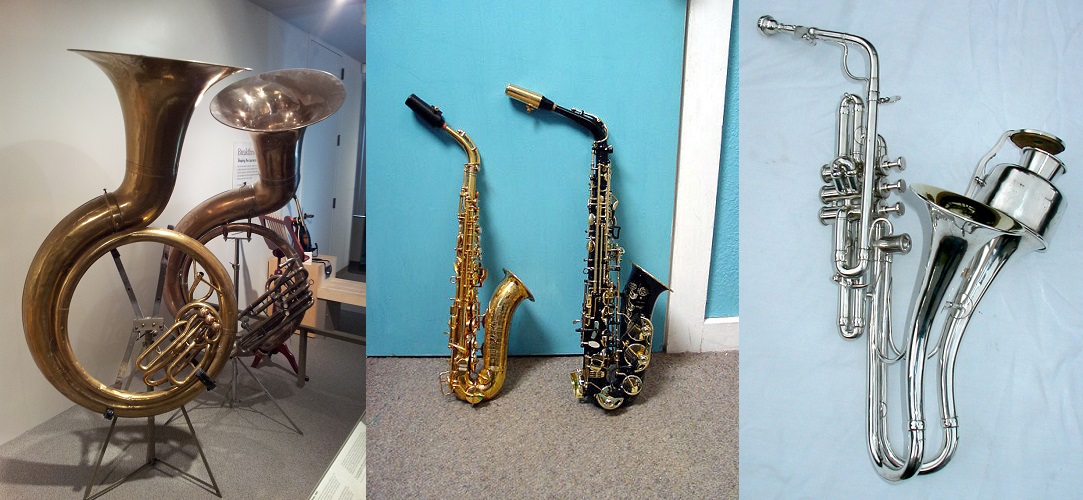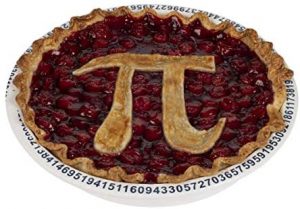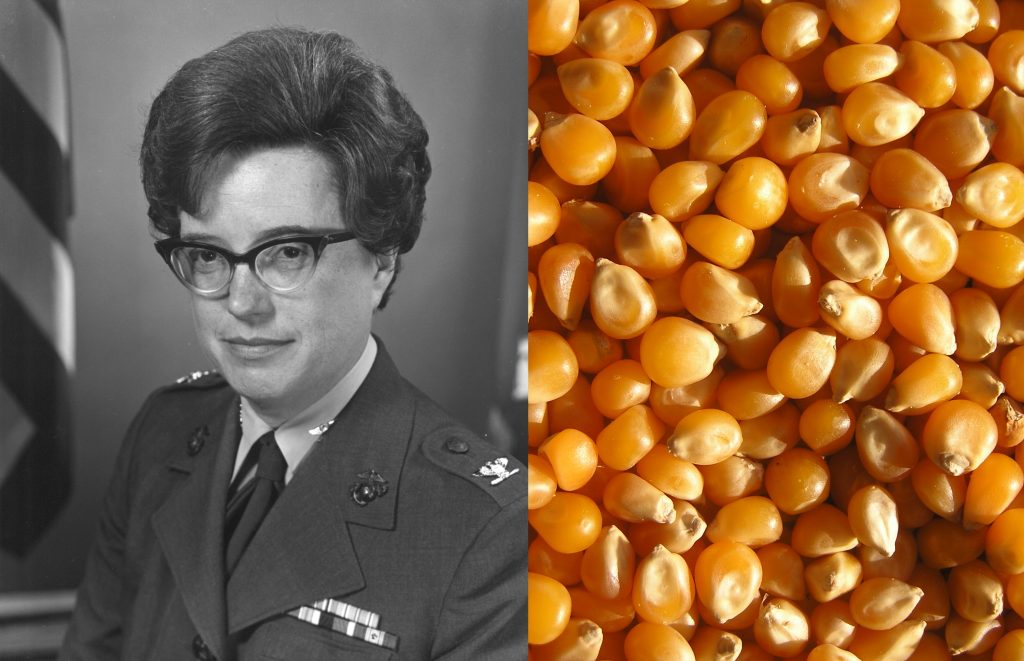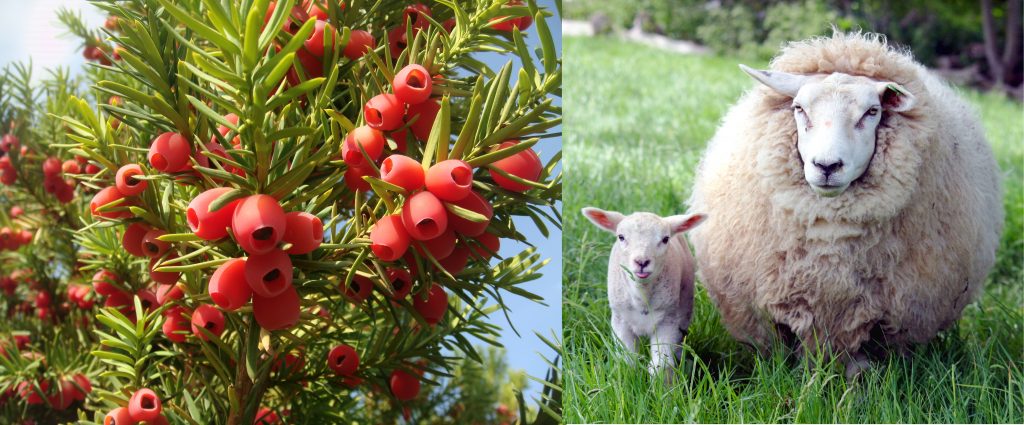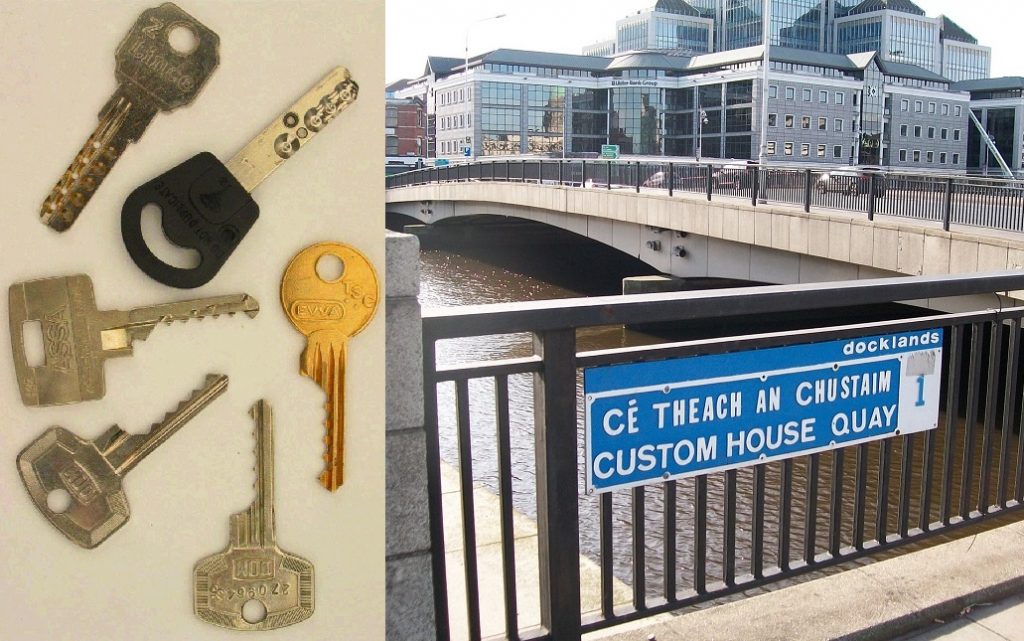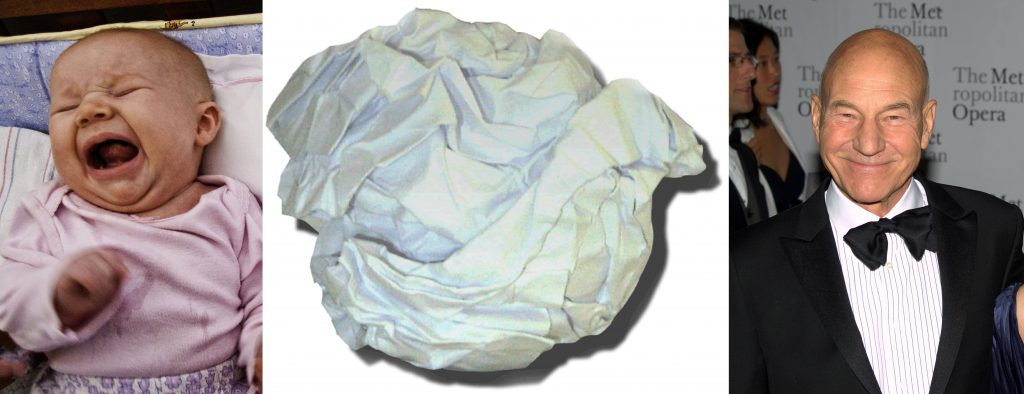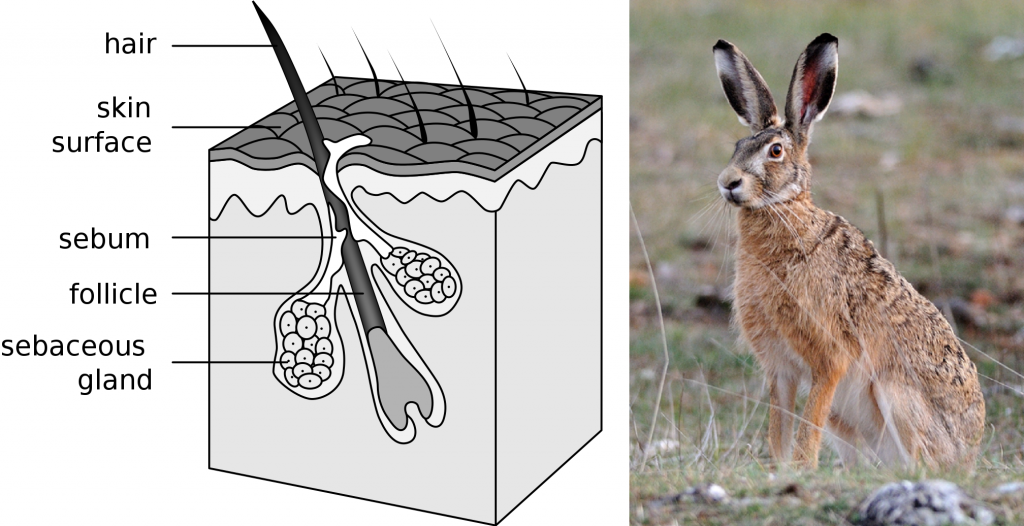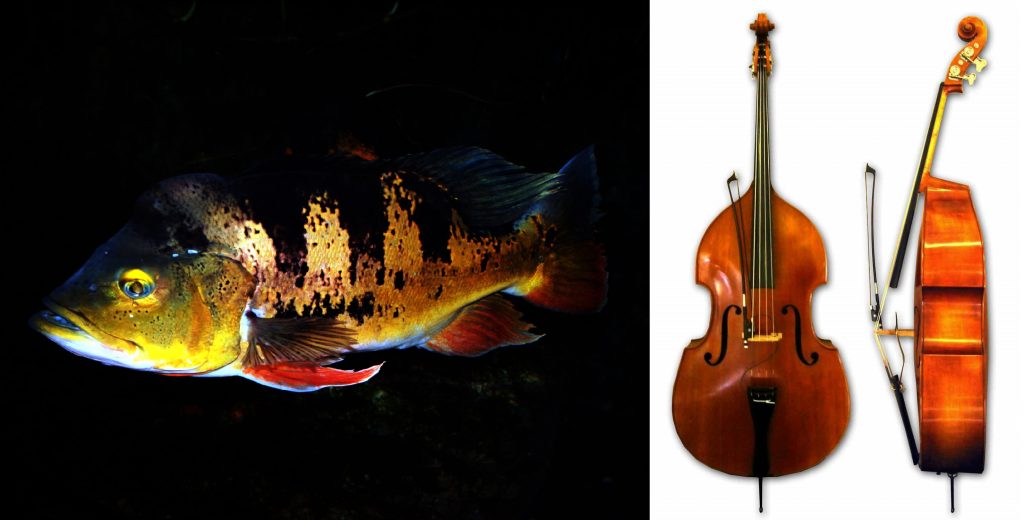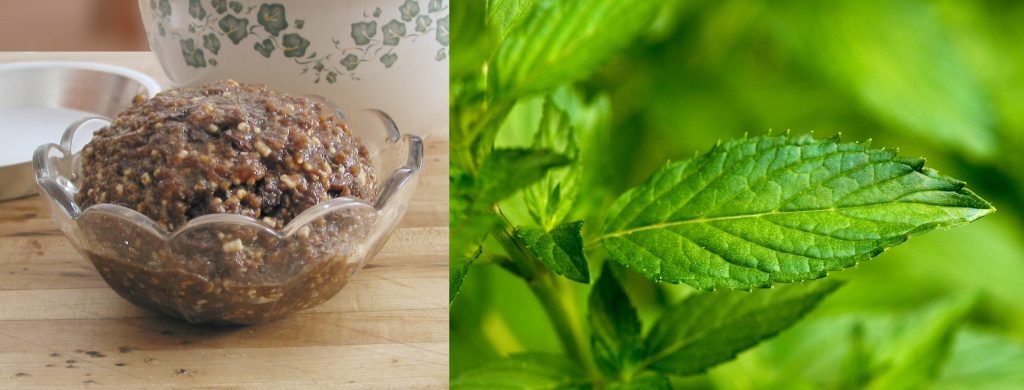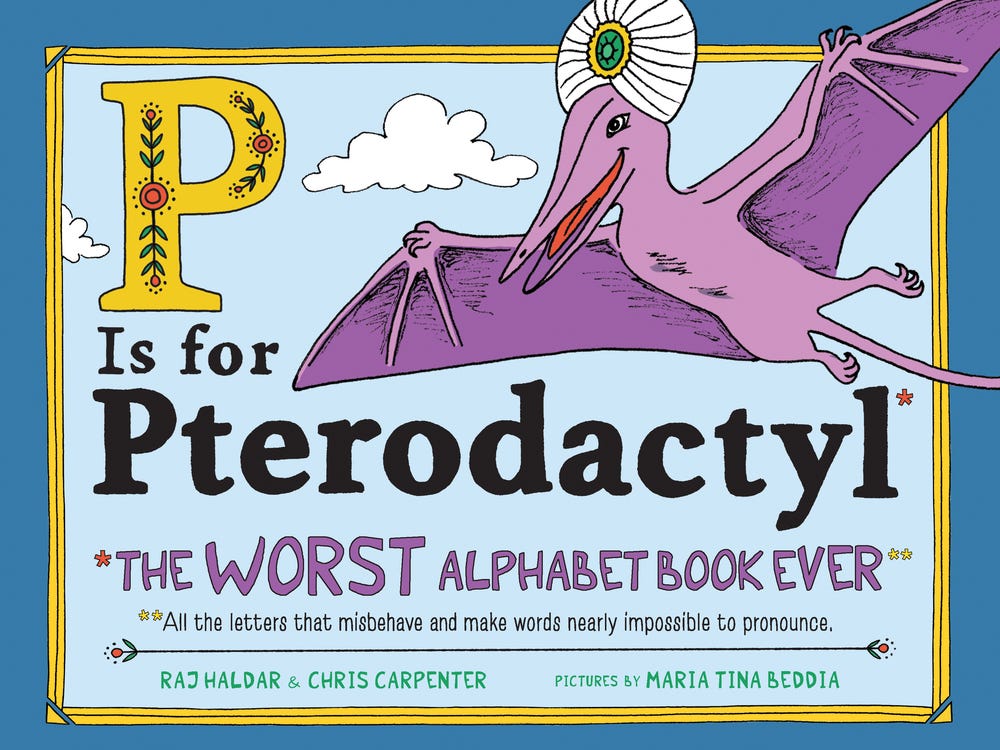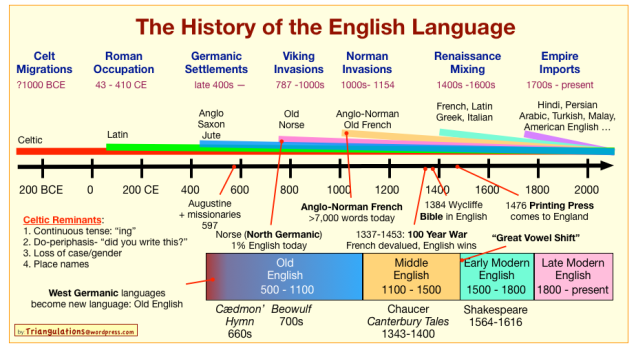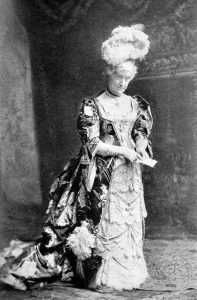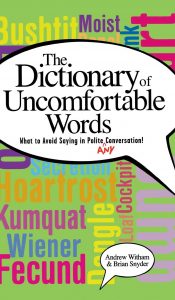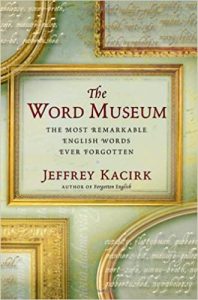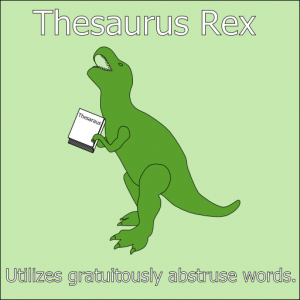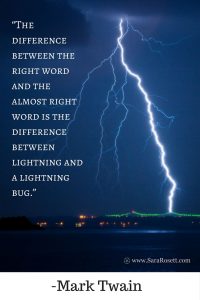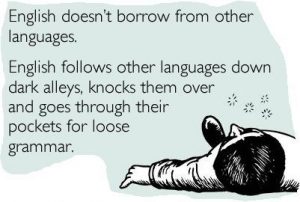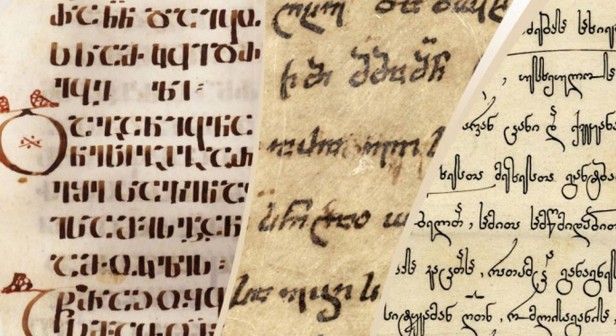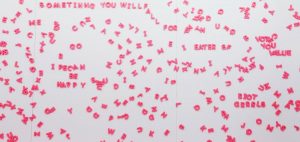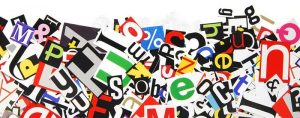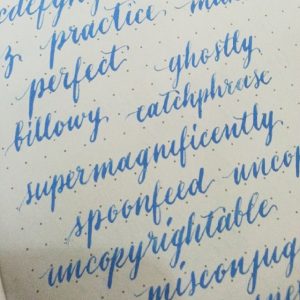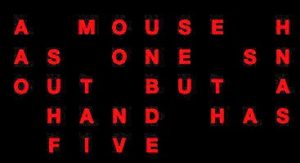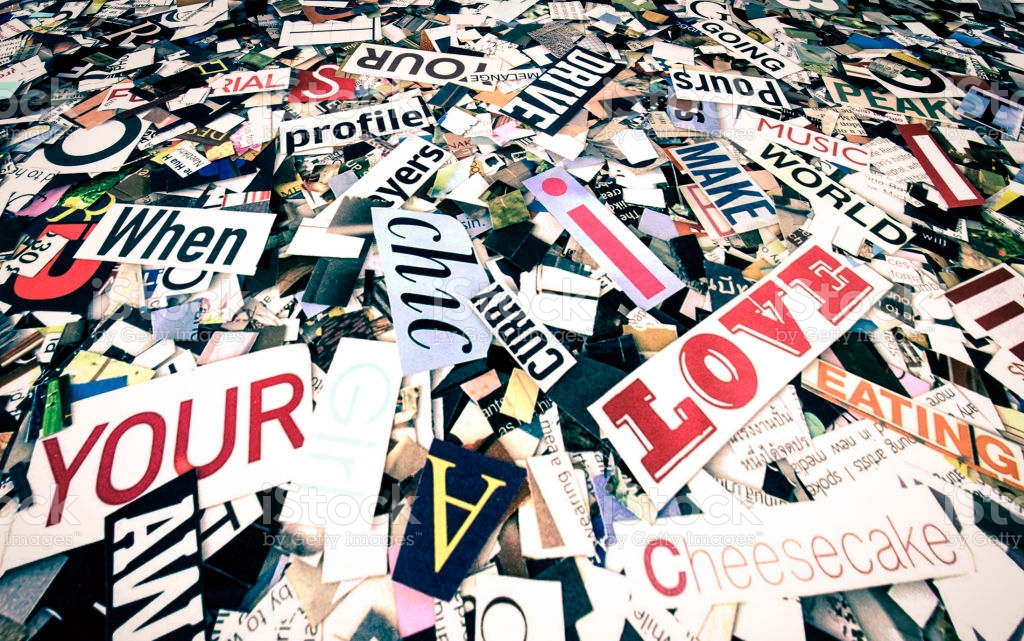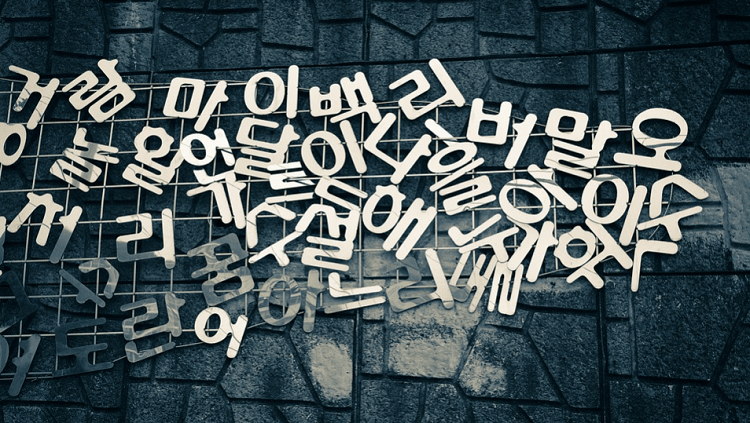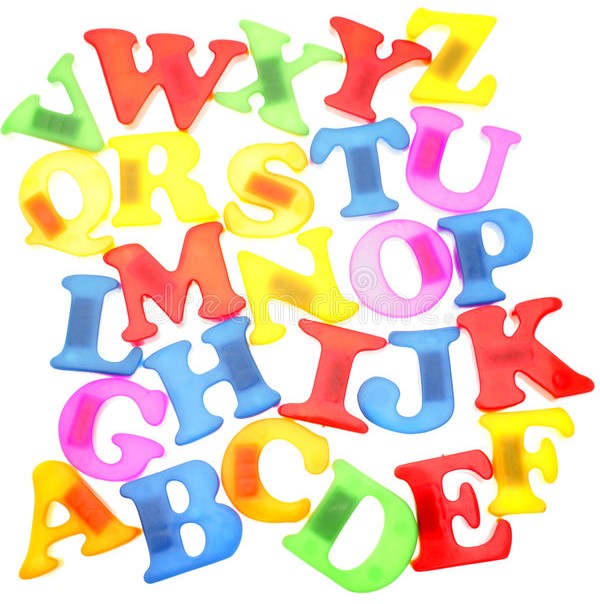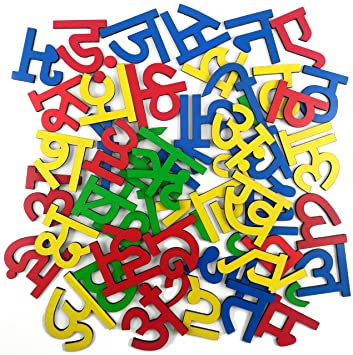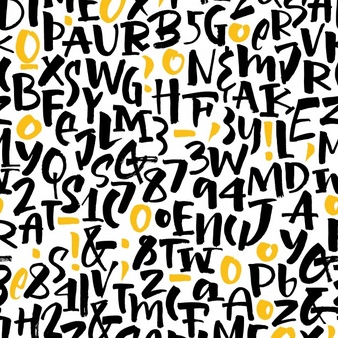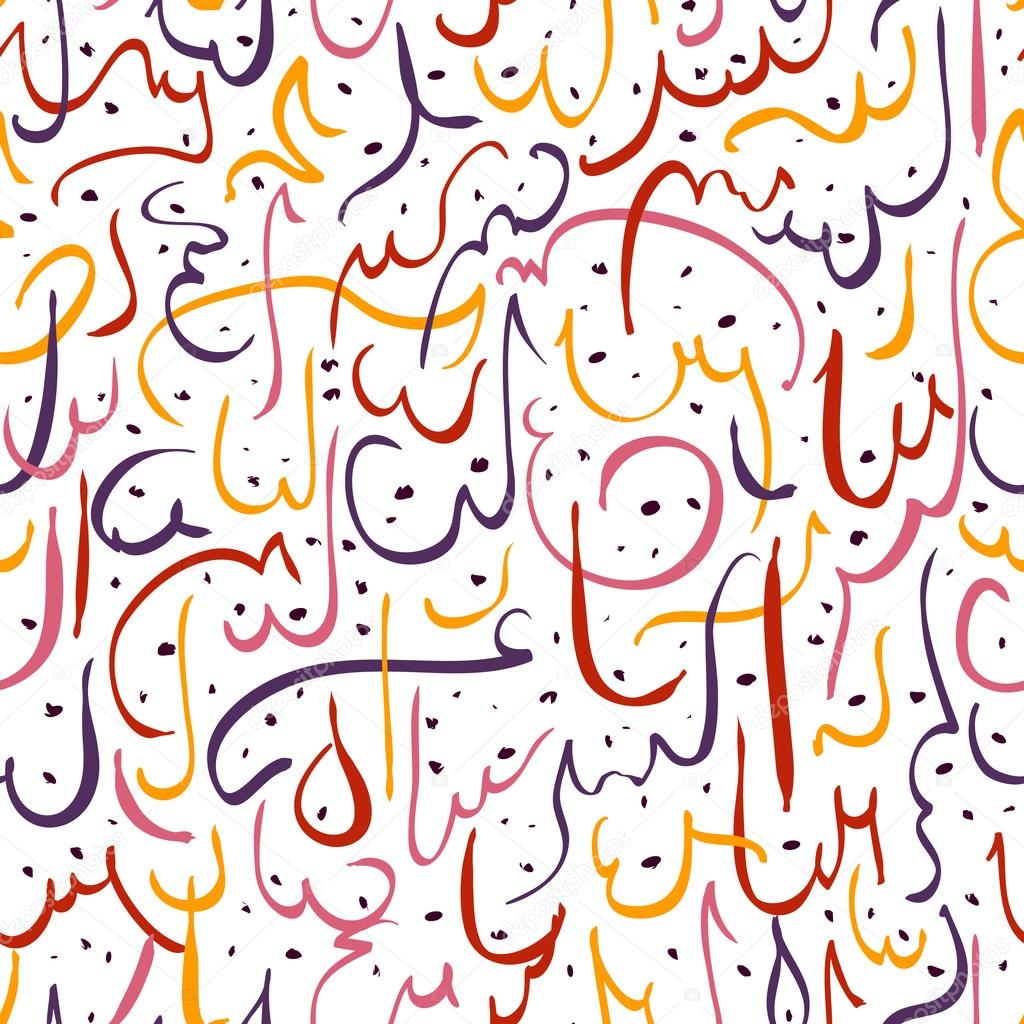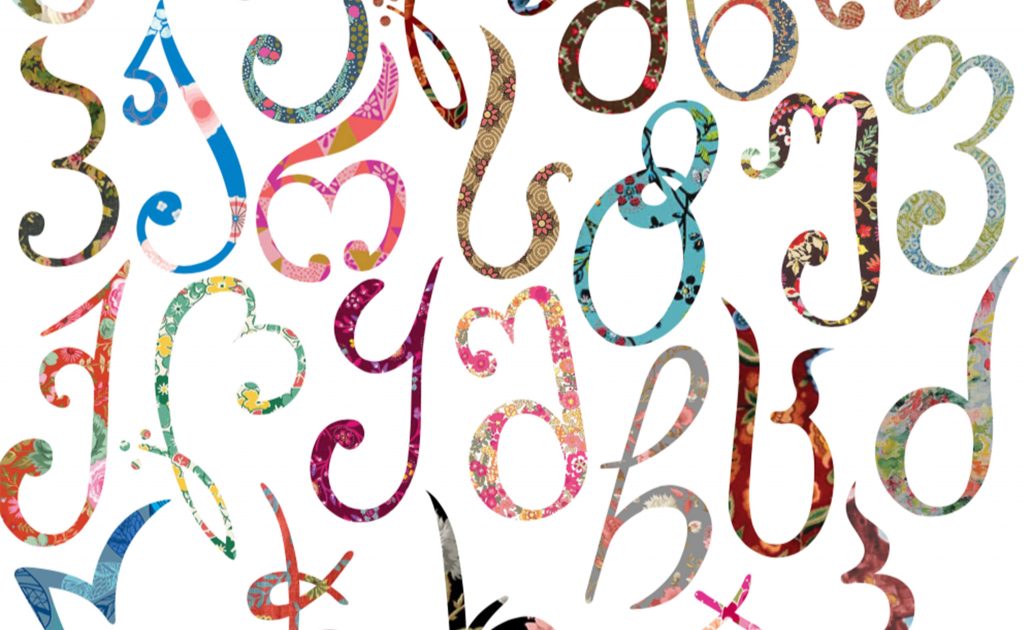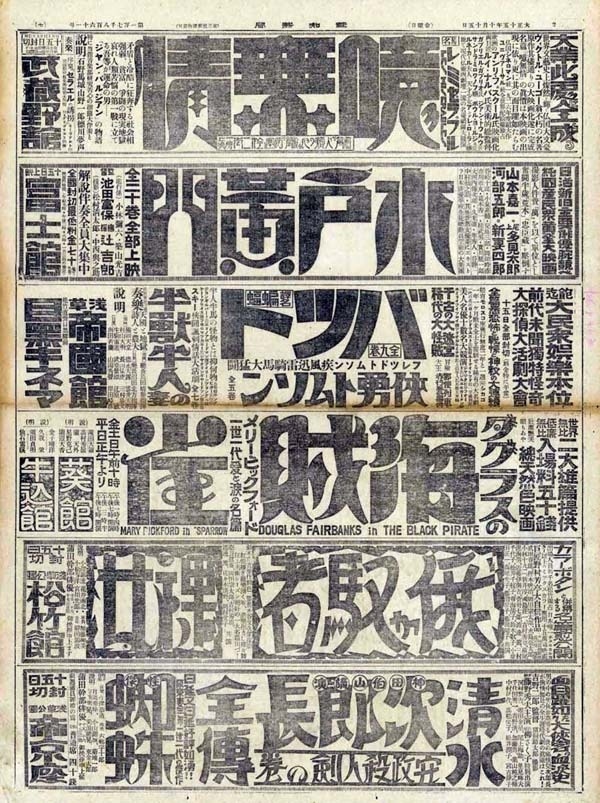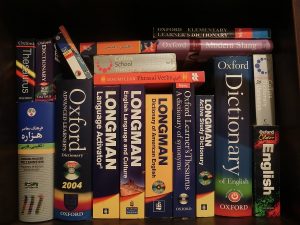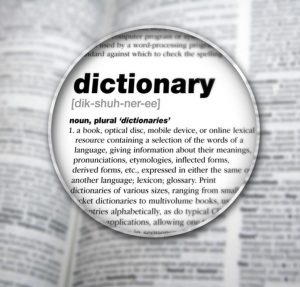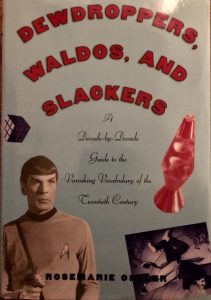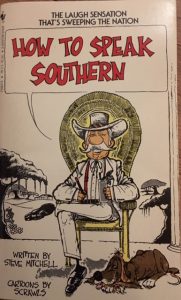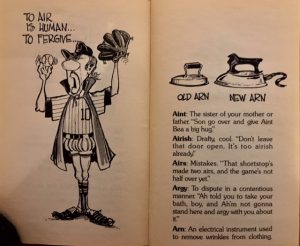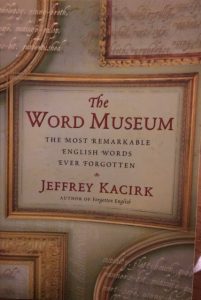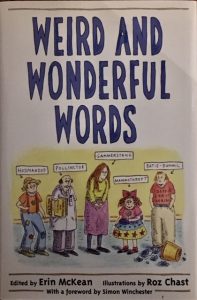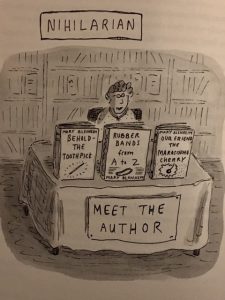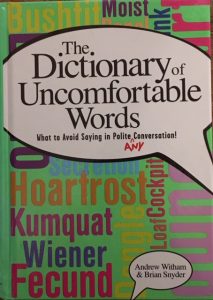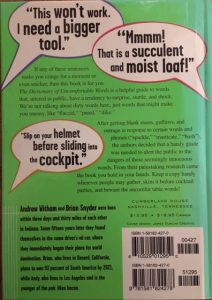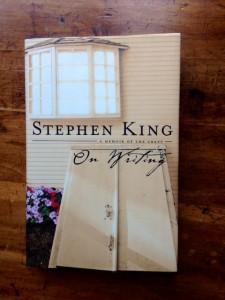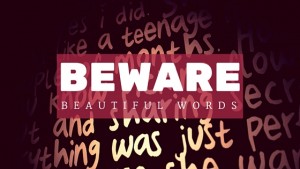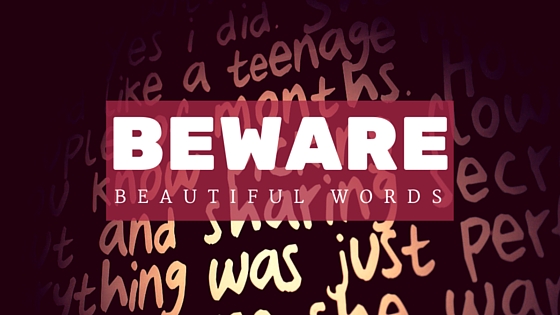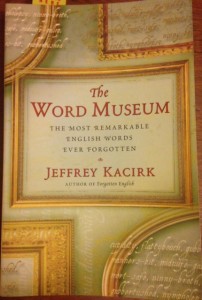My friend and colleague Kathleen Corcoran sent me an archaic word.
- Spuddle (v)
- To work feebly and ineffectively because your mind is elsewhere or you haven’t quite woken up yet.
- To make a lot of fuss about trivial things, as if it were important.
- To work tirelessly without achieving anything of worth. To put in a great deal of effort and achieve only very little.
- To loosen and dig up stubble and weeds left after a harvest with a broadshare or similar device.
I took one look at it and said, “That’s got to be one of the best, most useful words ever!” Indeed, I’ve been spuddling for years.
So began my search for old, forgotten, seldom used, and archaic words and phrases that need to take (or retake) their rightful places in our written and the spoken vocabularies.
Autophoby (n) Fear of referring to oneself, usually exhibited by a reluctance to use the pronouns I or me.
Balderdash (n) Spoken or written nonsense.
Blithering (adj) Complete; utter (Used to express annoyance or contempt, as in “a blithering idiot.”)
Bloviate (v) To speak in a pompous or overbearing way. (Made popular by Pres. Warren G. Harding.)
Caddywonked (adj) Southern slang for sideways, unconventional, askew.
Caddywompus/cattywampus (adj) Variations of catawampus, meaning askew, diagonal, first recorded in the 1830-1840s.
Catty-cornered (adj) Diagonally opposite someone or something
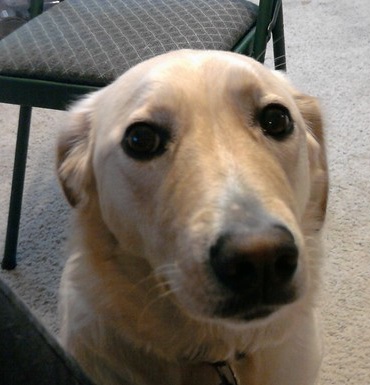
Clishmaclaver (n) Idle talk; gossip.
(chiefly Scottish)
Conniption (n) Informal, meaning a fit of rage
Crackbrained (adj) extremely foolish; crazy; insanely irresponsible.
Embrangle (v) To entangle, mix up, confuse, perplex. Embranglement, the noun form.
Flapdoodle (n) Nonsense; a fool
Flexanimous (adj) Having the power to influence, move, affect
Gabble-monger (n) Gossip
Hoik (v) To move or pull abruptly; yank.
(also a wild hook shot in cricket)
Lollop (v) to move in an ungainly way, in a series of clumsy paces or bounds.
(n) A person or animal who moves in such a way.
Mizzle (n) Light rain or drizzle.
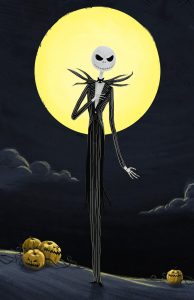
Percolation (n) The process of something spreading slowly.
Pilgarlic (n) Literally “peeled garlic” the word is used for a bald person or a person held in amused contempt or treated with mock pity.
Runnel (n) A narrow channel in the ground for liquid to flow through; a crook or rill; a small stream of a particular liquid, e.g., a runnel of sweat.
Sitooterie (n) A summerhouse or gazebo; also an out-of-the-way place to sit with your partner at a dance (or other event).
Skiwapiddy (adj) Crooked, off-kilter
Stramash (n) Disturbance or racket.
(chiefly Scottish)
Taradiddle (n) Petty lie, nonsense.
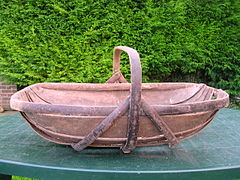
Ultra-crepidarian (n) A person who expresses opinions on things outside the scope of his/her knowledge or expertise. Can also be an adjective.
Whinge (v) To complain persistently and in a peevish or irritating way.
Bottom Line: Linguists say you can make any word, even an obscure or archaic word, your own by repeating it aloud five times and using it in a sentence every day for a week.
